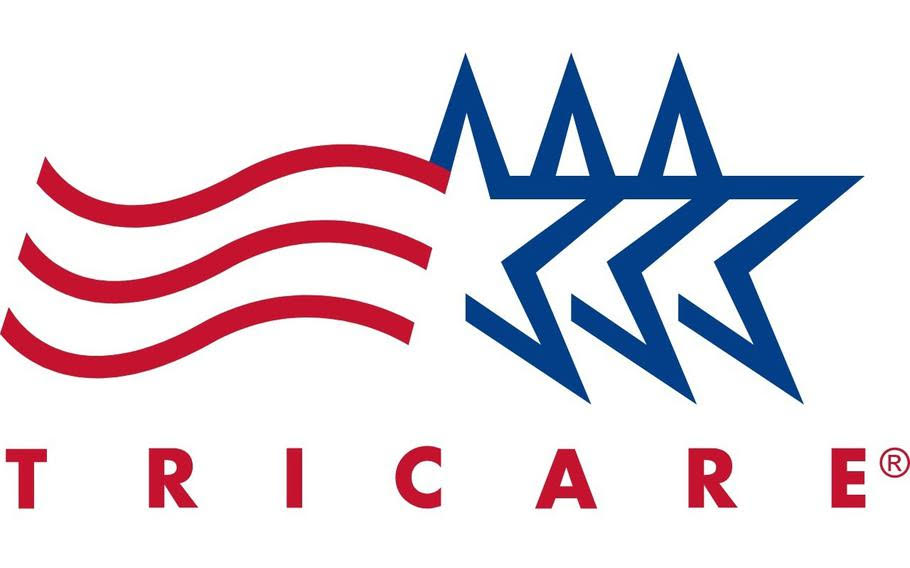Tricare premium health care programs will cost more next year for young adults, reservists
2 min read
Many Tricare premiums for former dependents, reservists, retired reservists, separating service members and their families are going up in 2024.
Young adult military dependents enrolled in Tricare will see their health care costs rise starting next year, when monthly premiums go up by as much as 11.8%.
Tricare premiums are also going up Jan. 1 for reservists, retired reservists and separating service members and their families, according to new rates published Aug. 31.
Tricare Young Adult Prime for those between ages 21 and 26 will cost $637 per month starting in January, compared with the current $570 a month. The premium has skyrocketed by more than 250% since 2014, when it was $180 a month.
Tricare Young Adult Select, meanwhile, will jump from $291 per month this year to $311 in 2024, an increase of 6.9%. The Select package has deductibles and more out-of-pocket costs.
Tricare Young Adult plans are available for purchase by unmarried adult children of service members between the ages of 21 and 26 after they age out of other Tricare plans. Coverage includes medical and pharmacy benefits but excludes dental and vision.
The latest round of premium hikes for military families with adult children is especially disconcerting, said Eileen Huck, the National Military Family Association’s government relations senior deputy director.
“We are absolutely concerned that these rates are pricing military families with young adult dependents out of health care,” she said. “Our concern is that these young adults are going without health care coverage altogether, just because there’s no affordable option.”
The program is part of Tricare’s premium-based plans, Peter Graves, a Defense Health Agency spokesman, said in a statement Wednesday. The premiums reflect costs to the Defense Department, which by law cannot subsidize the program, he said.
“Based on past actual costs of the program, DHA actuaries calculate the future cost of health care for these type plans, and premiums are established based on these cost projections,” Graves said.





